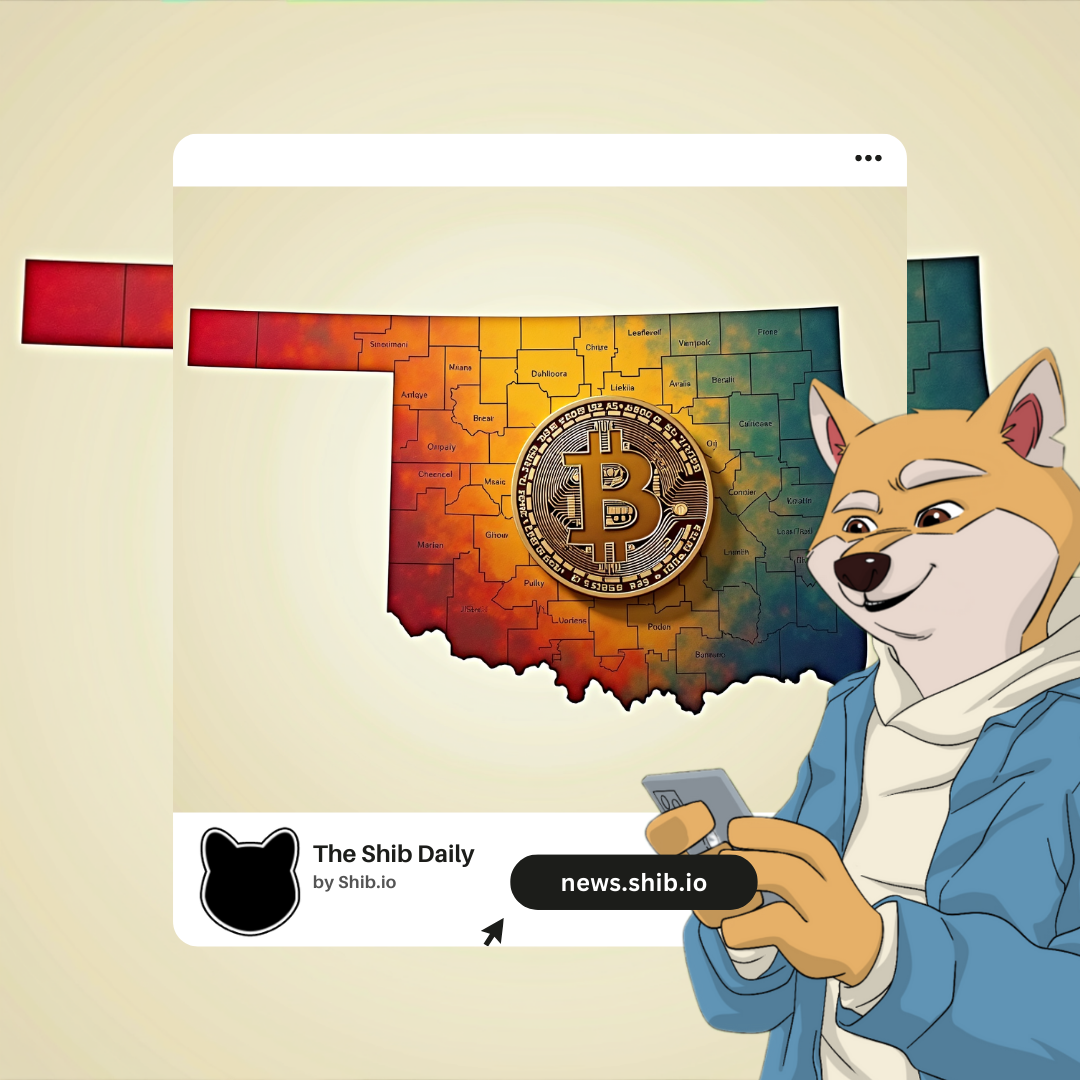Blockchain’s Triple Threat: How Privacy, Transparency, and Security Collide in Crypto’s Ethical Thunderdome

Decentralization promised utopia—but the reality’s messier. Public ledgers expose every transaction while privacy coins draw regulatory heat. Meanwhile, hacks drain billions from ’unhackable’ smart contracts.
Where’s the sweet spot? Zero-knowledge proofs whisper secrets to validators. DAOs struggle with radical transparency versus insider advantages. And every ’bankless’ protocol still relies on centralized stablecoins—because even crypto can’t escape the gravity of fiat.
The irony? Wall Street’s adopting the tech faster than the anarchists who built it. Maybe ethics are just another feature to be forked.
Why Ethics Matter in Blockchain
Let’s be real — when most people hear “,” they either think of Bitcoin millionaires or confusing tech jargon. But blockchain is way more than just digital coins and fancy code. It’s a system that touches social life (how we connect), economic life (how we trade and save), and even politics (how power is shared). In short: it’s not just a tech thing — it’s a life thing.
And that’s exactly why the ethics of blockchain matter so much. If you’re building something that can shake up entire industries and governments, you have to ask the big questions: Are we protecting people’s rights? Are we accidentally helping bad guys? Who gets included — and who gets left out?
Real-world example: Blockchain’s ability to protect financial privacy sounds awesome, right? But what happens when shady characters use that same privacy to hide stolen money or fund sketchy operations? That’s the kind of sticky situation blockchain has already run into — and it shows how easy it is for good intentions to spin into real-world problems.
Getting the ethical balance right early on isn’t just a nice idea — it’s critical. If we don’t build blockchain systems that think about privacy, transparency, and security from the start, we’re basically giving future generations a tech time bomb. And nobody wants that.
The Privacy Paradox
One of blockchain’s coolest features is something called— which is a fancy way of saying, “You’re kinda anonymous, but not totally.” Instead of signing your name, you use a jumble of letters and numbers (your wallet address). Sounds private, right? Well… sort of. If someone connects your wallet to your real identity, your entire transaction history could be out there for anyone to see. Awkward.
This is where the ethics of blockchain get tricky. Privacy is a big deal — it’s about protecting people from snooping eyes, giving them freedom to live and spend without fear. But here’s the flip side: the same privacy tools that protect everyday users can also shield bad actors doing very not-okay things.
Take, for example — a tool that mixed up transactions to hide where the money came from. It helped honest people stay private… but also made it easier for hackers to launder stolen crypto. Coins likeare built for maximum privacy too, which is great if you’re a privacy-loving citizen — not so great if you’re running shady business deals.
Thankfully, blockchain builders are getting creative with new ideas like(zero-knowledge proofs — yes, they sound like magic spells) and. These let users prove they have the right info without revealing everything about themselves. Think of it like showing your age at a club without handing over your entire ID.
In short: real privacy is important, but it’s a balancing act. And the story’s still being written.
The Transparency Dilemma
One of blockchain’s biggest bragging rights is. Every transaction is recorded on a public ledger that anyone can see — and once it’s there, it’s stuck forever. No edits, no take-backs. It’s like the world’s most honest notebook.
At first glance, this sounds amazing for the ethics of blockchain. After all, transparency builds trust, keeps projects honest, and makes shady business harder to hide. But — you guessed it — too much transparency can cause its own set of problems.
Here’s how it plays out:
Bottom line: transparency is powerful — but in the ethics of blockchain, it’s all about finding the sweet spot between being open and respecting privacy.
Security at the Center
When people hear the word “security” they usually picture passwords, firewalls, and techy defenses against hackers. But in blockchain, security isn’t just about keeping the bad guys out — it’s a major piece of the ethics of blockchain. If a system isn’t secure, it’s not just a technical glitch; it’s a real-world problem that can hurt people, drain wallets, and break trust across entire communities.
When Security Fails, Real People Get Hurt
Blockchain has already seen some painful lessons. Take the infamous DAO hack back in 2016 — a small weakness in the code led to millions of dollars vanishing overnight. That wasn’t just a bug; it was a full-blown disaster for everyone involved. It showed the world that if you’re going to build something powerful, you’d better protect it properly.
The Balancing Act: Openness vs. Protection
Here’s the tricky part: blockchain loves being open-source. Anyone can peek at the code, suggest upgrades, and create new projects. That openness is part of what makes blockchain so exciting — but it also opens the door to bad actors who are looking for flaws. Builders constantly have to walk a fine line between encouraging innovation and locking down security.
Who Decides When Something Breaks?
Then there’s the big governance question — when something breaks, who decides how to fix it? In blockchain, patches and updates don’t just happen automatically. Sometimes the whole community has to debate and vote, and that can lead to slow (and messy) decisions. In the ethics of blockchain, making sure systems stay secure isn’t just about tech skills — it’s about taking responsibility for the people who trust you.
Finding the Right Balance
When it comes to the ethics of blockchain, there’s no magic formula that makes everyone happy. It’s all about trade-offs. Perfect privacy sounds great until you realize it can make transparency disappear. Total transparency seems noble — until you realize it can expose people’s personal lives. Every choice tips the scale in one direction or the other.
That’s why designing ethical blockchain systems. It needs inclusive governance (a fancy way of saying, “everyone gets a say”), community input, and protocols that can adapt over time. What works today might not be good enough tomorrow, so flexibility is key if blockchain wants to keep evolving responsibly.
And then there’s the big debate: regulation versus self-regulation. Should governments step in and set the rules, or should blockchain communities be trusted to manage themselves? Some say outside regulation protects users better. Others argue that too much control would crush the whole spirit of decentralization. Finding a middle ground — where innovation thrives but people stay protected — is one of the toughest, most important challenges ahead.
Looking Ahead: The Future of Ethical Blockchain Design
As blockchain continues to evolve, thewill keep growing and adapting too. It’s not just about fixing today’s problems; it’s about designing something that’s better for tomorrow. So, what’s coming down the pipeline?
The Road Ahead: Shaping the Ethics of Blockchain
We’ve explored a lot of ground, from privacy to transparency, security to governance — and it’s clear: the ethics of blockchain are full of tough choices. Do we prioritize privacy even if it makes transparency harder? Can we keep blockchain open and innovative without risking bad actors? And when things break, who steps in to fix them? These are the big questions that will shape blockchain’s future.
But here’s the good news: theisn’t written yet. It’s being coded today. Each decision, each line of code, and every conversation we have about these issues is part of creating a better, more responsible blockchain world. So, whether you’re a builder, a user, or just a curious observer, you have a role to play in making sure blockchain grows in a way that works for everyone.
Read More
Michaela has no crypto positions and does not hold any crypto assets. This article is provided for informational purposes only and should not be construed as financial advice. The Shib Magazine and The Shib Daily are the official media and publications of the Shiba Inu cryptocurrency project. Readers are encouraged to conduct their own research and consult with a qualified financial adviser before making any investment decisions.

